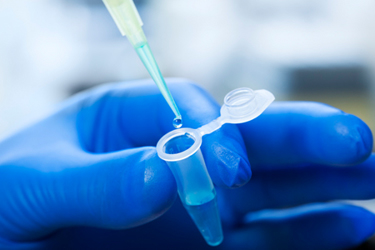Lentiviral Transfection For Advancing Cell-Based Gene Therapy

The use of lentiviruses as vectors for the delivery of genetic cargo has been well established across many disciplines, from cancer to cariology. Their efficiency has made them valuable tools not only for in vitro gene expression assays and cell functionality tests, but also in a clinical setting as instruments to improve disease outcome.
In order to produce lentiviruses for use in research or clinically, a gene delivery approach is required. Typically, a transfection reagent is used to equip a cell with the machinery to produce vast quantities of your virus of interest which can then be harvested for use. The workhorse cell line used for lentiviral vector production is HEK-293. These cells can be grown adherent or in suspension which offer the possibility to either produce at smaller scale in established adherent production platforms (T-flasks, cell stacks, cell factories), or to produce at larger scale in bioreactors that facilitate scalability and automation of the process.
This blog will explore how lentiviral vectors can be used across a range of clinically relevant cell-based gene therapies including CAR-T cell therapy and stem cell therapy, whilst highlighting how PEIpro® transfection reagent has become the gold standard for efficient, reproducible and cost-effective lentivirus manufacturing.
Get unlimited access to:
Enter your credentials below to log in. Not yet a member of Cell & Gene? Subscribe today.
